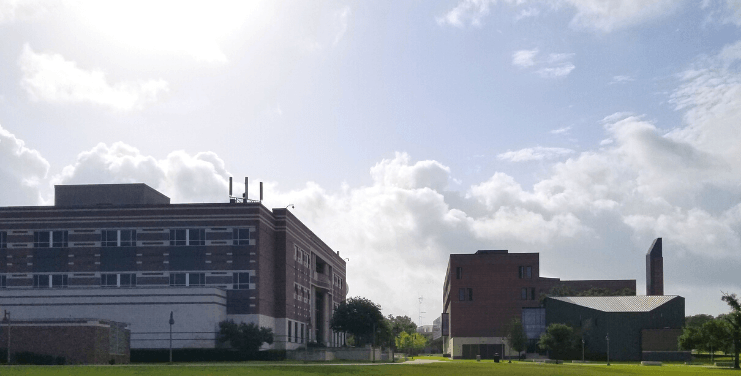Interested in getting HBCU stories straight to your inbox? SIGN UP for our executive HBCU newsletter to make sure you get exclusive videos, news and analysis in your inbox every Wednesday morning.
KEY INSIGHTS
- A new study from researchers at Duke University and Florida State University found that HBCU students aren’t impacted by the stereotype threat.
- Another study found that Black adults who went to an HBCU have a lower chance of developing the condition that increases the risk for heart disease, diabetes or stroke.
- As institutions that were born in a time when either slavery or segregation was legal, HBCUs are now insulators against the detrimental effects of that racism.
It is no secret that HBCUs have a myriad of positive effects on their students like increasing upward mobility and providing a sense of place and belonging, which has attracted more attention not just from prospective students but also companies looking for diverse talent. Now, recent studies are highlighting how HBCUs also have protective effects on students’ physical and mental well-being.
A new study from researchers at Duke University and Florida State University published last month looked at how HBCU students may or may not be affected by the “stereotype threat,” a well-documented phenomenon where members of a marginalized group are afraid of confirming negative stereotypes about their group.
Environment Matters
When Black students are reminded about their race, they have significantly higher blood pressure rates and lower test scores, past research has shown. But that is not the case for HBCU students, the latest study published in January found.
Students from a Texas HBCU who were asked about their race before taking an exam and then were told the test was a measure of their intelligence performed equally as well as students who were not reminded of their race.
“There are at least two explanations. One is that Black students who choose to attend HBCUs are naturally more resilient against these types of negative stereotypes,” Mackenzie Alston, assistant professor in the Department of Economics at Florida State University and lead author of the study, told The Plug. “Another is that Black students gain resilience from being in an HBCU environment.”
Preliminary evidence suggests that it is the HBCU environment itself that makes a difference.
“At an HBCU, Black students are around other students and faculty of color who could serve as examples of people of color who are excelling and make negative stereotypes about Black people’s intelligence less salient,” Alston said.
But negative stereotypes and racial discrimination do not just impact test scores; they can also have detrimental effects on one’s body and health.
Yet, these effects are not nearly as impactful for HBCU students. Researchers from the Ohio State University found that Black adults who attended an HBCU had 35 percent less chance of developing the condition that increases the risk for heart disease, diabetes or stroke, than Black adults who attended a predominantly white school.
“Not only can [HBCUs] be health protective, but they can be health protective for years to come, not just while people are in school,” Cynthia Colen, lead author of the study and associate professor of sociology at OSU, said in a statement when the study was published.
Like Alston, Colen thinks that the protective effects could come from the fact that HBCU students are constantly around Black professors, staff and other students.
“This finding underscores the important role that place, in general, and segregation, specifically, plays in the unequal distribution of health,” Colen said.
STEM Success
There are also other benefits for students attending an HBCU. Almost 18 percent of Black STEM bachelor’s degrees are awarded from HBCUs and one-third of all Black students who have gotten a doctorate degree earned their bachelor’s from an HBCU, according to the National Science Foundation.
Preliminary findings from a nearly million-dollar research project conducted by professors at Howard University, Claflin University and Jackson State University also show Black students who go to an HBCU are more likely to graduate with a STEM degree than those who attend a non-HBCU.
Their initial findings show that controlling for factors like SAT score, high school GPA, other pre-college conditions like family income and the characteristics of the college a student attends, Black students are 13 percent to 15 percent more likely to graduate from college in general if they attend an HBCU.
Of those who graduate, Black students who attend an HBCU are five percent to 10 percent more likely to get a STEM degree than those who do not go to an HBCU.
As institutions that were born in a time when either slavery or segregation was legal, HBCUs are now insulators against the detrimental effects of that racism.








